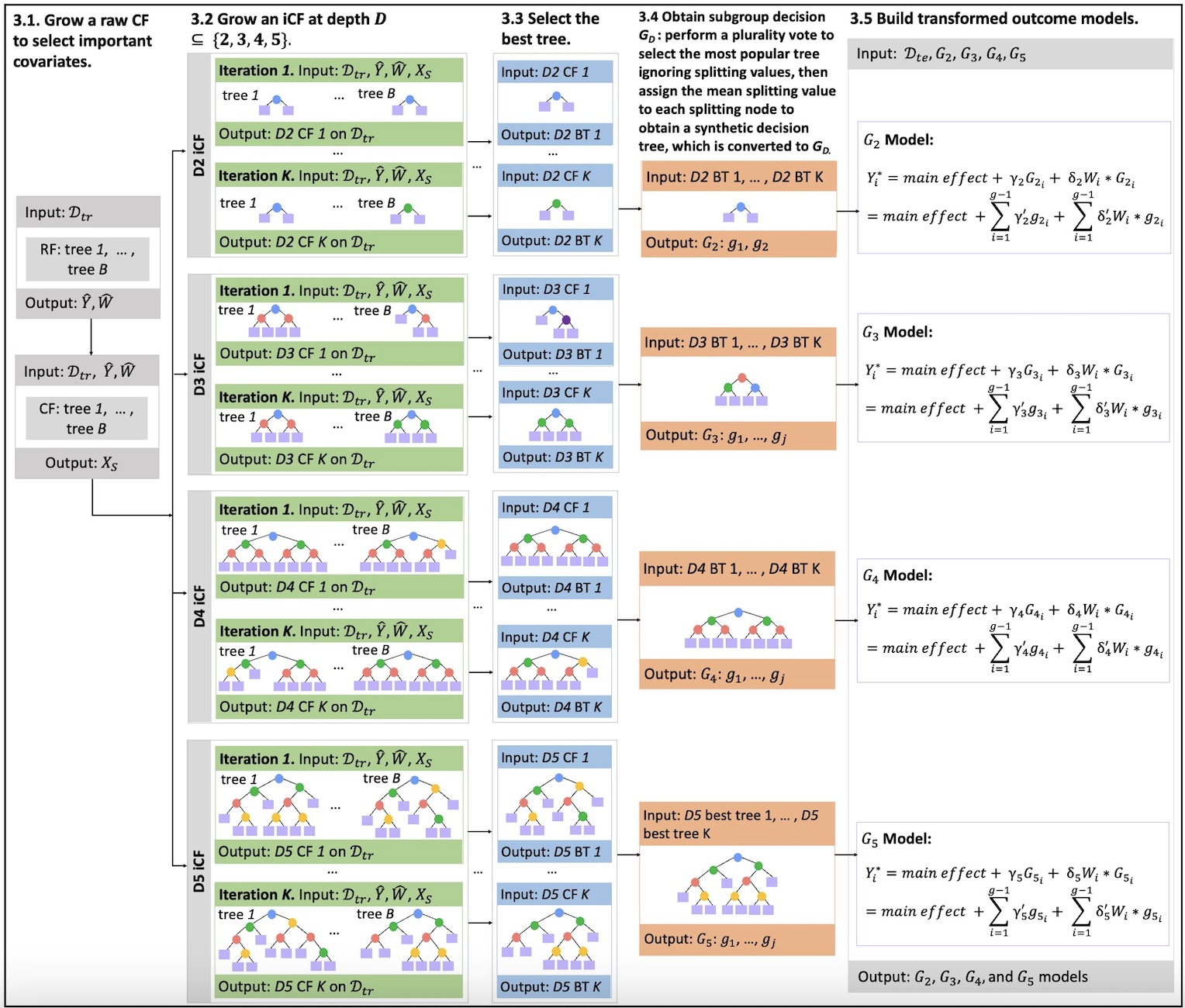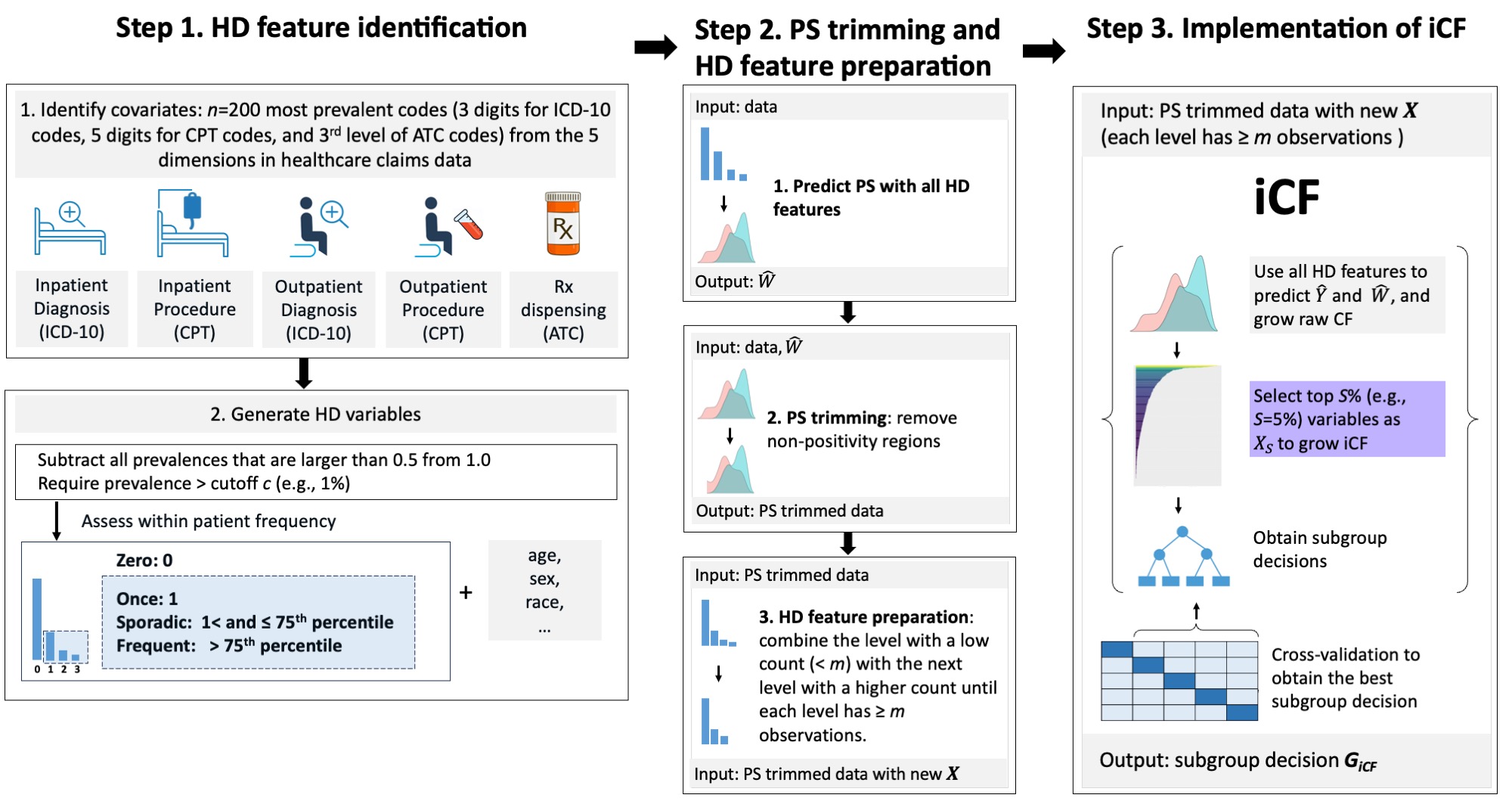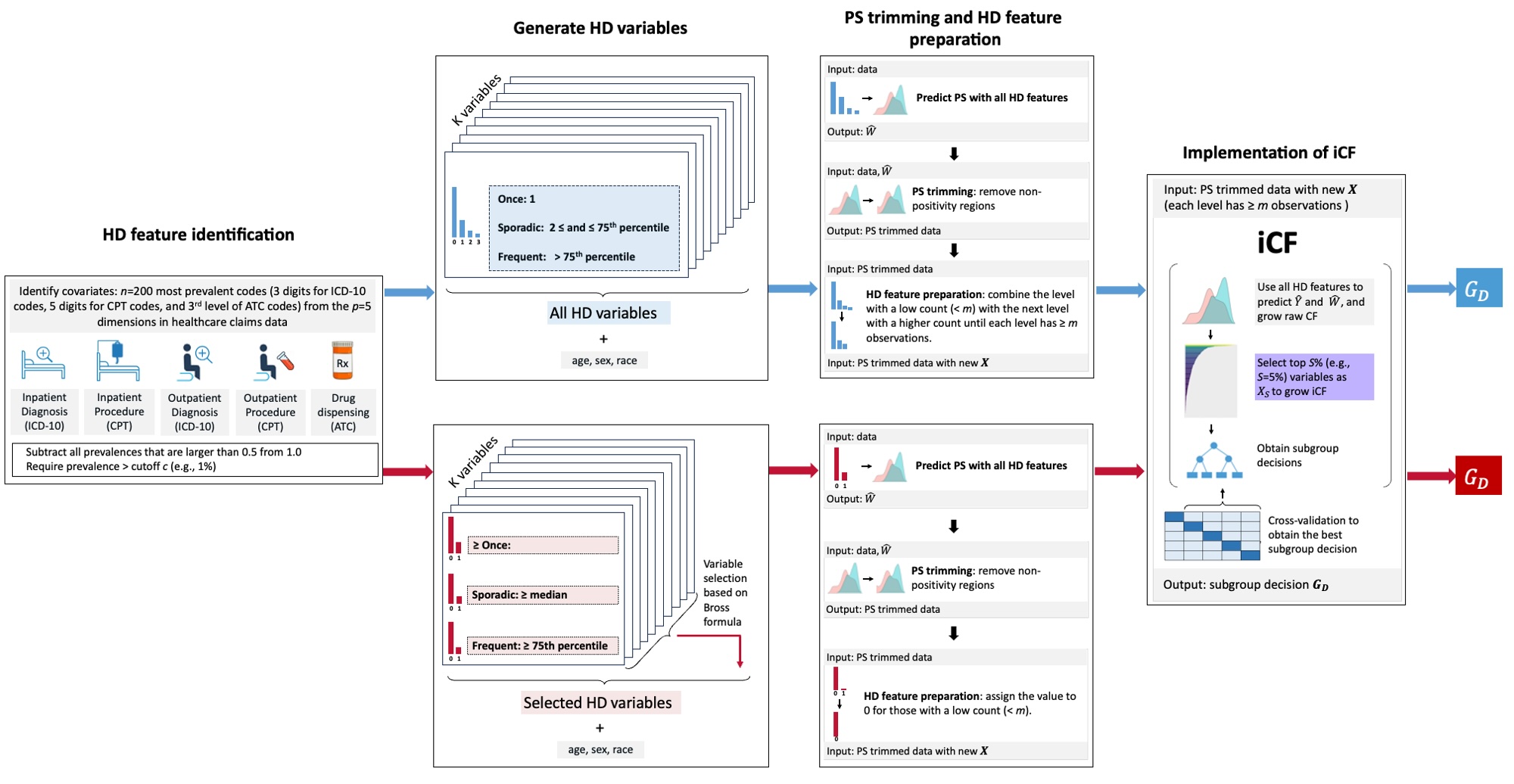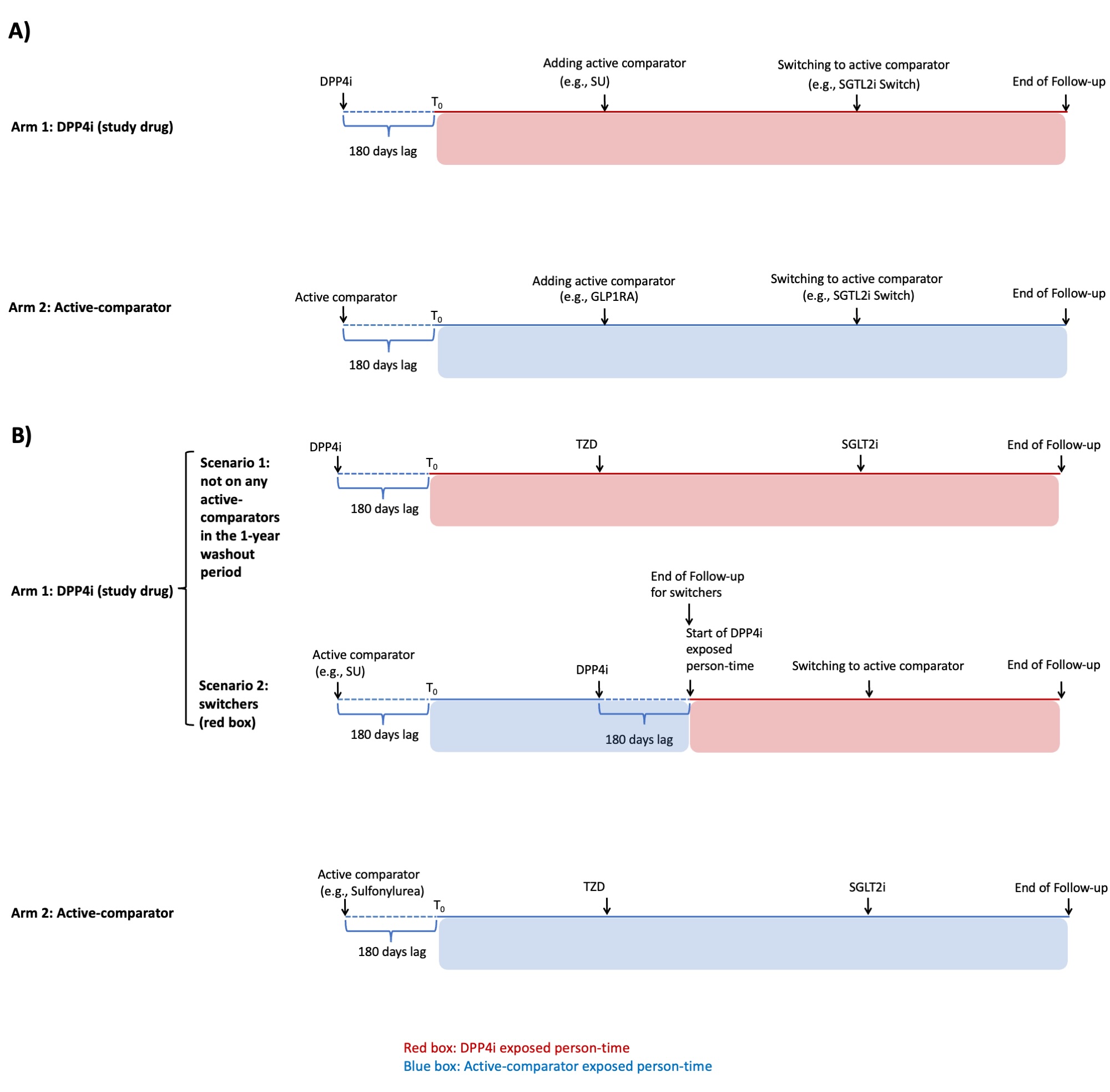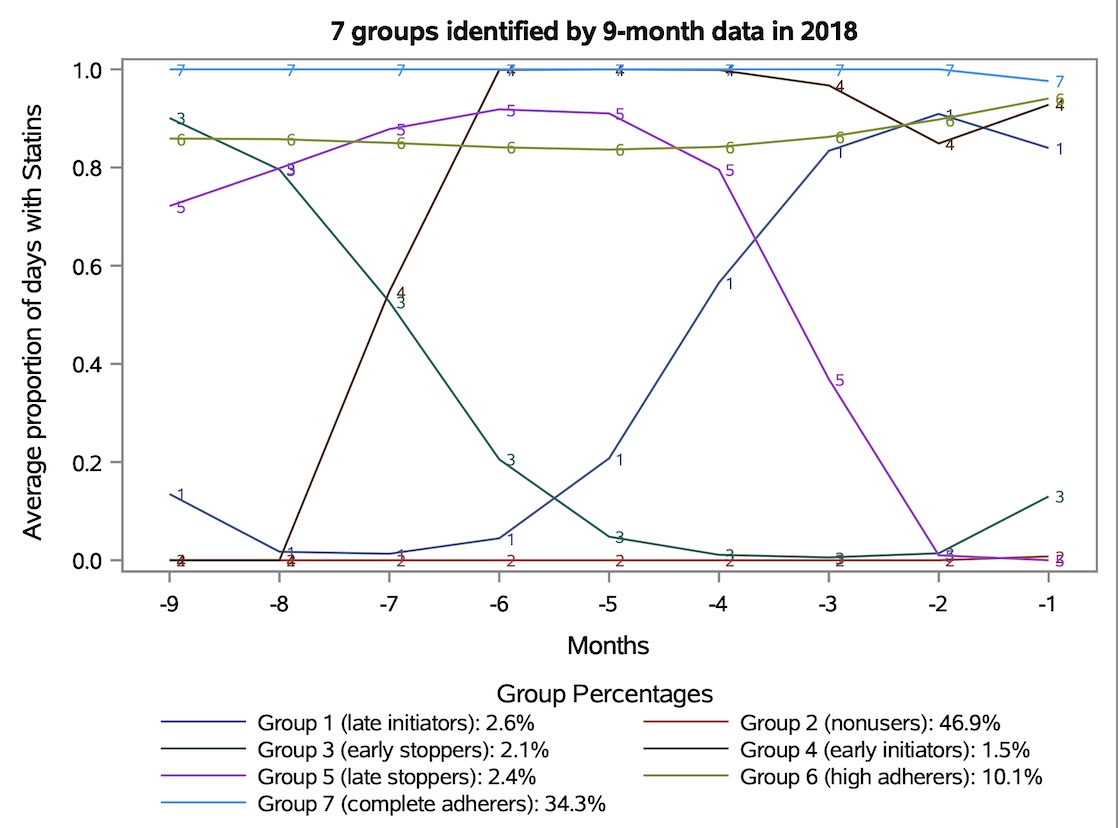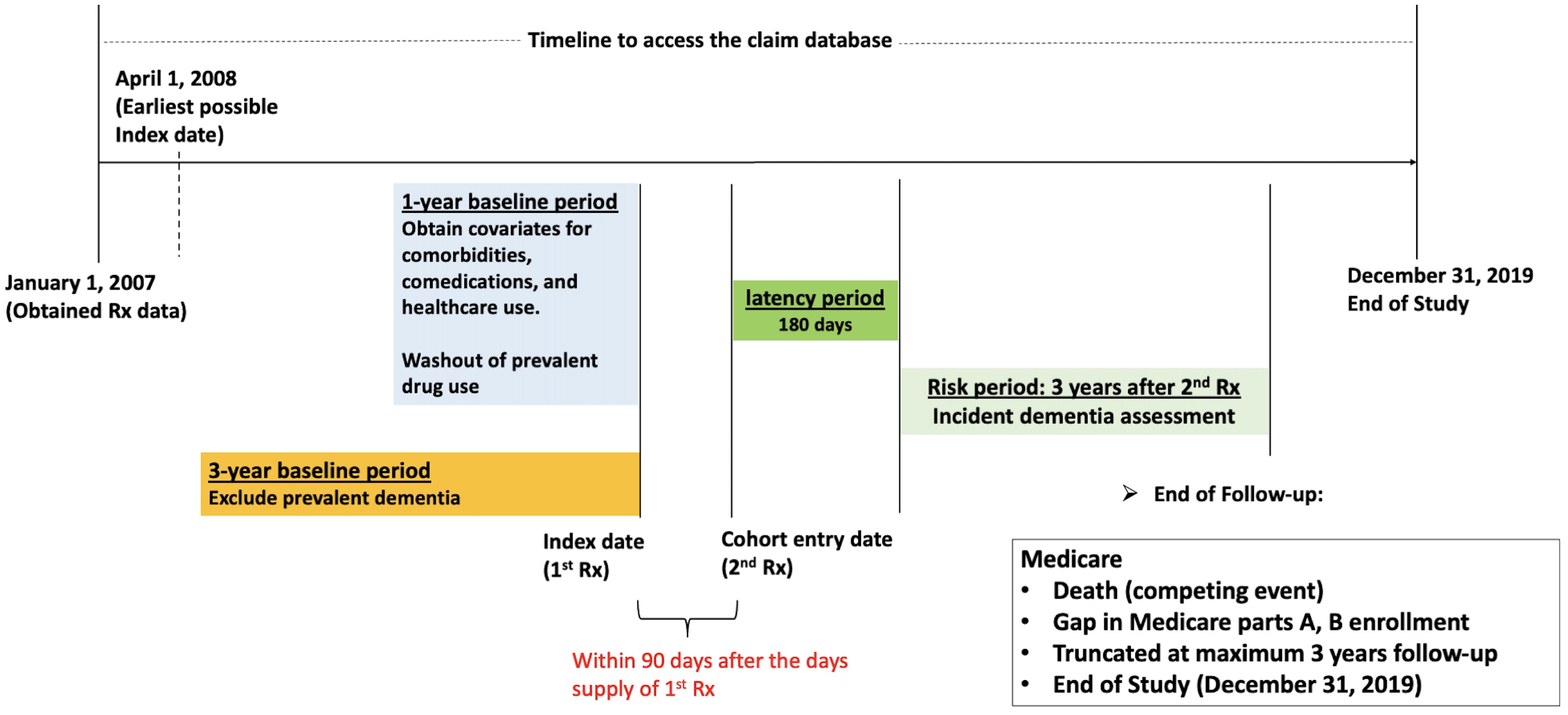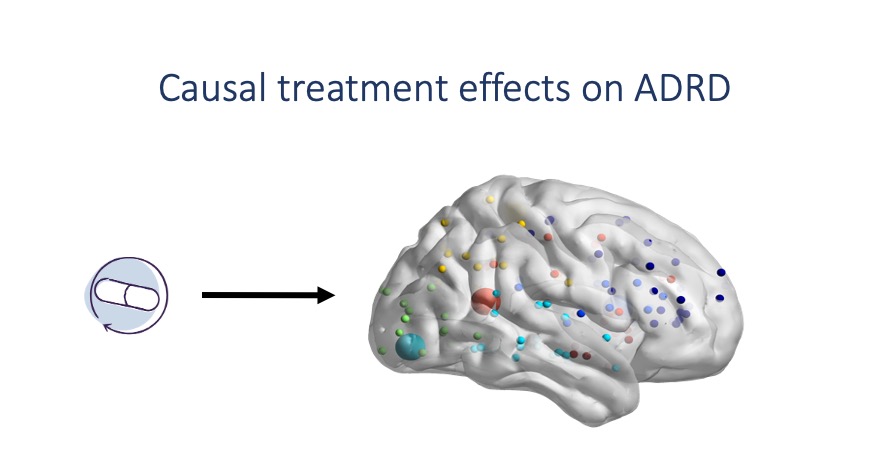I’m an Assistant Professor in the
Department of Pharmaceutical Health Outcomes and Policy (PHOP)
at the University of Houston College of Pharmacy.
I develop and apply AI-powered causal inference methods to learn what works or harms from health data,
with emphasis on precision medicine, confounding control, and
using multimodal data (genetics, imaging, real-world data) to assess drug effects.
I earned my Ph.D. in Epidemiology and completed a postdoc training at University of North Carolina at Chapel Hill, working with
Dr. Til Stürmer,
Dr. Michael Kosorok,
Dr. John Buse, and
Dr. Gwenn Garden.
Prior to my academic career in the U.S., I was a Lecturer at Peking University and also practiced as a pharmacist in the U.S..
I have openings for Postdocs and PhD students, please feel free to contact me if you are interested to learn more about my research.
